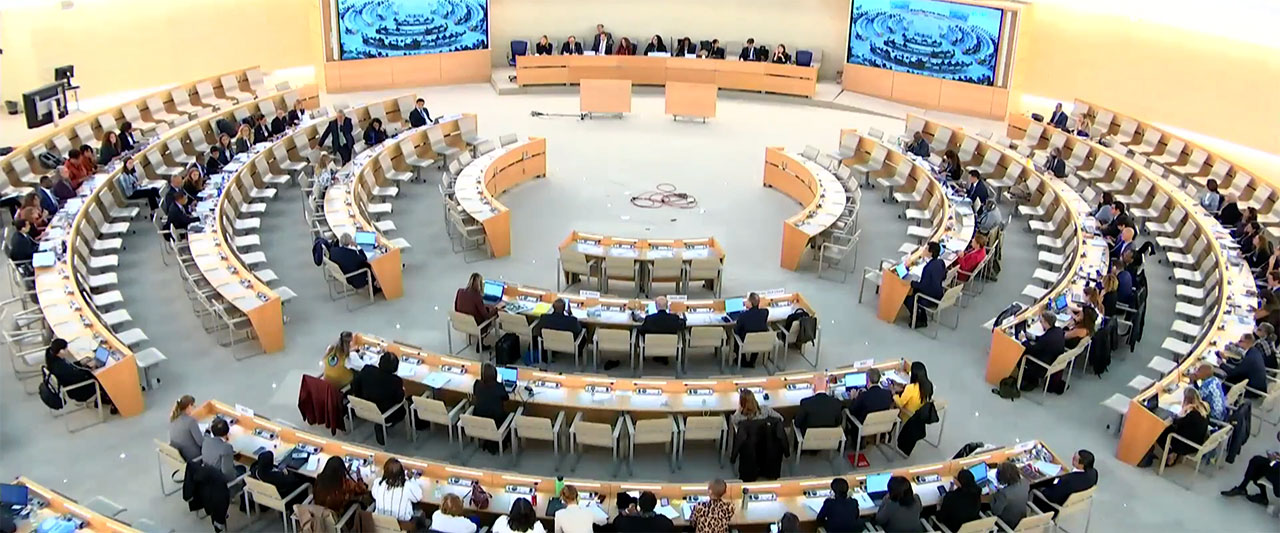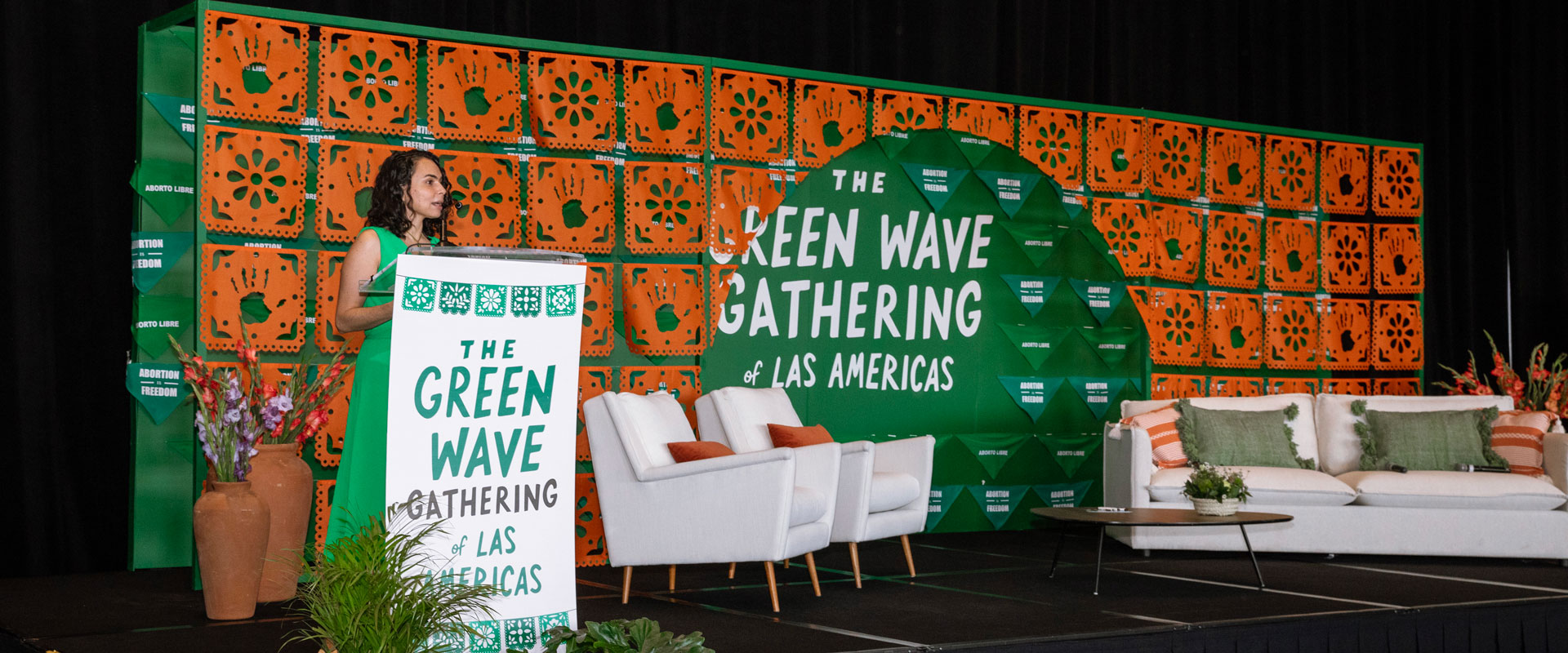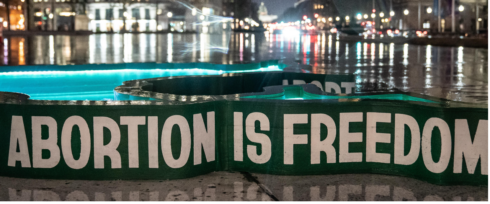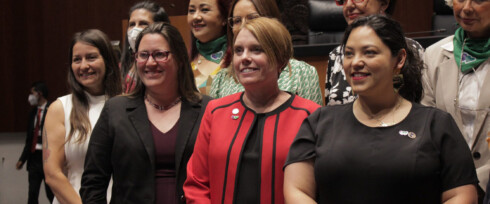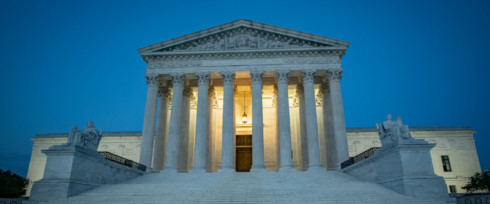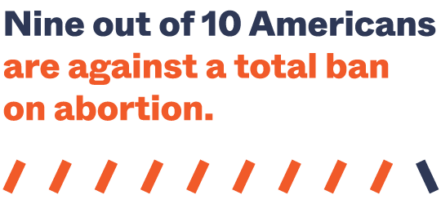Abortion access in the United States has long been a struggle—especially for communities of color. In June 2022, abortion access became further restricted and imperiled when the U.S. Supreme Court decided to repeal Roe v. Wade, which had established the constitutional right to abortion. Since then, many states have enacted new legal restrictions, in some cases extreme enough to effectively ban abortion entirely and criminalize providers and pregnant people. While rights vary state by state, people in the U.S. now have less reproductive freedom overall—with Black, Indigenous and people of color facing the greatest barriers to bodily autonomy.
But abortion restrictions are out of step with what people in the United States believe and want. Ipas-commissioned research finds that nine in 10 people in the U.S. oppose total abortion bans, and that only a small but well-organized minority has succeeded in rolling back abortion rights.
But the majority can and is fighting back—and Ipas is part of that fight. We’re taking immediate actions to protect legal abortion access today, and we’re investing in the long-term strategies and movement building needed to ensure abortion rights for the next generation.
We work with diverse partners across the United States to:
- Document the human rights violations caused by state-level abortion bans and hold states accountable
- Raise public awareness that self-managed abortion with pills is safe, effective and a vital option to increase legal abortion access
- Connect our U.S. partners with Ipas’s powerful global network of abortion rights experts and champions to share evidence, strategies and lessons learned for building sustainable, legal abortion access—even in places with the most restrictive laws
- Convene leaders from the reproductive justice movement and other social movements to assess state-level abortion ecosystems and create action plans to protect and advance legal abortion access in those states

OUR TEAM
Maria Elena Pérez, Director
Bethany Van Kampen Saravia, Senior Legal & Policy Advisor
Carlota Arias, Partnerships and Mobilization Senior Manager
Noemi M. Pratt, U.S. Partnerships and Mobilization Advisor
Abortion is a human right: We’re holding the U.S. accountable
With abortion now either banned, heavily restricted or under legal threat in around 50% of states, the United States is violating human rights by denying legal access to abortion.
Working with partners and government leaders across the country, we are calling on governments at all levels—federal, state and local—to uphold the United States’s human rights obligations. This effort is laying the groundwork for a new legal framework that defines abortion as a human right that cannot be taken away by legislation or court rulings.
“We are so grateful for our collaboration with Ipas in the joint state and federal human rights resolution campaign. Ipas has been a model of what intentional state and federal partnerships can look like, and a testament to what we are able to accomplish when we work together to demand that abortion be recognized as a human right by our elected officials at every level of government. We look forward to continuing to collaborate until every Texan can exercise their human right to determine if, when, and how to start a family and to raise their families in safe and sustainable environments.”
— Lucie Arvallo, Executive Director, Jane’s Due Process
In the news
Reproductive freedom is a human right – Commentary by Bethany Van Kampen Saravia, Ipas U.S. Senior Legal and Policy Advisor, in NC Newsline, Nov. 26, 2024
The criminalization of reproductive health care is killing women – Commentary by Karen Stegman, member of Chapel Hill Town Council, in NC Newsline, Nov. 11, 2024
From Texas to Maryland, cities are fighting abortion bans – Opinion by Celina R. Benitiz (Mayor of Mount Rainier, MD) & Vanessa Fuentes (Councilwoman representing District 2 in Austin, TX), in Rewire, Nov. 4, 2024
How the Dobbs ruling put the U.S. in violation of its human rights obligations
In October 2023, the United Nations Human Rights Committee reviewed U.S. compliance with the International Covenant of Civil and Political Rights, including the impact of abortion bans on its human rights obligations. Ipas and partners submitted this report to the Committee, detailing the human rights violations caused by Roe’s repeal. One month later, the Committee confirmed that U.S. abortion bans are indeed violating human rights—and called on the U.S. to fully decriminalize abortion.
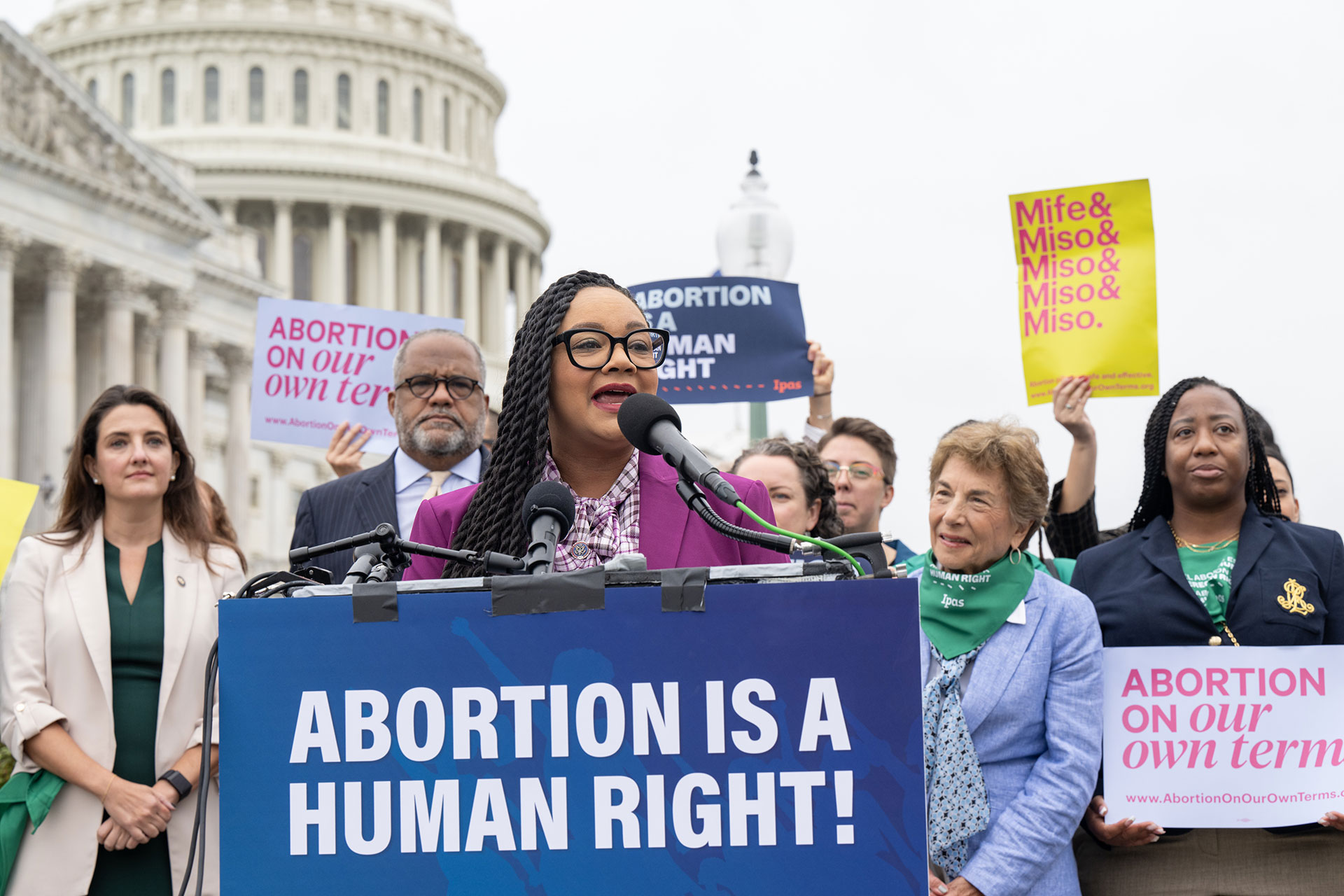
Connecting U.S. advocates with our global network
Despite severe rollbacks on abortion rights in the U.S., the good news is that the global movement for abortion rights is growing—with almost 60 countries having expanded abortion access in the last 30 years.
With our programs in countries around the world, Ipas harnesses the wisdom and strength of a massive network of abortion rights experts and champions. And since Roe v. Wade was repealed, we’ve been busy connecting U.S. advocates with this powerful global network and all it has to offer.
For example, we’ve convened abortion rights advocates from across the Americas to discuss strategies for how we can all protect and expand legal abortion access—learning from each other’s struggles and successes. Cross-border learning and movement building is simply invaluable in our fight.
Pain and suffering in the wake of Roe’s repeal
In the United States, the harms are adding up
As we’ve seen in countries around the world where abortion is banned or restricted, the harms to pregnant people and health providers are vast. We’re already seeing many in the United States:
- More people are forced to travel to other states for care because of bans and restrictions in their home states. In 2023, 166,000 people had to cross state lines to get abortion care—up from 88,000 in 2020.
- Emergency health care is being delayed or denied for people facing obstetric emergencies. In states where abortion is banned, the Center for Reproductive Rights reports that “even patients facing severe and dangerous pregnancy complications are being denied medically necessary abortion care.”
- Reports of preventable deaths are surfacing. ProPublica says two women in Georgia died after they couldn’t access legal abortion and timely medical care in their states, adding that their deaths were preventable and that there “are almost certainly” other such deaths occurring.
- Abortion is being criminalized. Those arrested for alleged abortion-related crimes include an Ohio woman arrested after a miscarriage and a South Carolina woman arrested for allegedly self-managing an abortion with pills.
- People of color are likely to face even harsher impacts. An analysis by the health policy organization KFF says that people of color in states where abortion is banned or heavily restricted “may face disproportionately greater challenges accessing abortions due to longstanding underlying social and economic inequities.”
- Providers are negatively impacted, too. A survey of OB-GYNs who practice in states where abortion is banned say they are experiencing distress at having to delay essential patient care, have fears about legal risks, and are finding it harder to recruit new providers to their states. A survey of Idaho providers found that 64% were threatening to leave the state.



